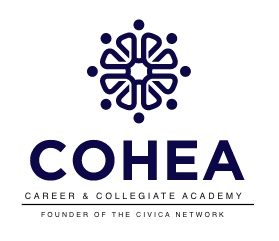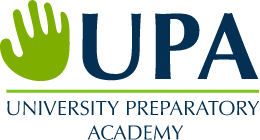What are Charter Schools?
Charter schools are public schools. They are governed by non-profit 501(c)(3) organizations that have a contract or charter to provide the same educational services to students as district public schools. They are tuition-free public schools that operate with freedom from many of the regulations that apply to traditional public schools.Charter schools are accountable to their sponsor, usually a state or local school board, to produce positive academic results and adhere to the charter contract. The basic concept of charter schools is that they exercise increased autonomy in return for this accountability. They are accountable for both academic results (such as FCAT in Florida and the Federal requirements under No Child Left Behind) as well as fiscal practices to several groups: the sponsor that grants them, the parents who choose them, and the public that funds them
Do charter schools charge tuition?
No, charter schools are public schools that receive public funds. They cannot charge tuition for the regular school day. They may charge fees for before and/or after school care.
How are charter school student enrollments funded?
Students enrolled in a charter school must be funded as if they are enrolled in a basic program or a special program at any other public school in the school district. Each charter school must report its student enrollment to the school district and the school district must include each charter school’s student enrollment in school district’s report of student enrollment that is submitted to the state.
How are charter schools evaluated and assessed?
Every charter school must be evaluated on academic progress and the outcomes agreed upon in the school’s binding contract. In addition, individual schools are evaluated and assigned a school grade using the same standards and criteria as traditional public schools.
How are charter schools formed?
Charter schools can be formed by creating a new school or by converting an existing public school to a charter school. An individual, teachers, parents, a group of individuals, a municipality, or a legal entity may create a charter school.The concept behind the Florida charter school movement is that community-based organizations, colleges and universities create charters schools to serve students in those communities, with a focus on meeting the needs of undeserved students.
What types of students are eligible to attend charter schools?
Charter schools must be open to any student covered in an inter-district agreement or residing in the school district in which the charter school is located. A charter school may limit the enrollment process in order to target the following student populations:
- students within specific age groups or grade levels
- students considered at risk of dropping out of school or academic failure
Are charter schools required to employ certified teachers?
Yes. Statutory provisions require teachers employed by or under contract with a charter school to be certified as required by current law.
How does a charter school impact property value?
Studies demonstrate that high-quality, high-performing schools are more likely to increase the value of nearby homes. According to Brian Smith in the Department of Economics at East Carolina University, “The value of ‘good’ schools is reflected in prices for owner-occupied houses. The consensus is that the higher quality public schools attract potential buyers better than the lower quality schools do.” Research by the National Association of Realtors agrees. “Of all the local neighborhood amenities that can influence a buyer’s decision to purchase a home, proximity to good quality schools is one of the most influential.”
Your privacy is important to us. Charterschoolresume.com will not share, sell or disclose your personal information to third parties. It will only be used to transmit information pertaining to our organization.
Web Accessibility Statement - Website Accessibility Complaint Form













